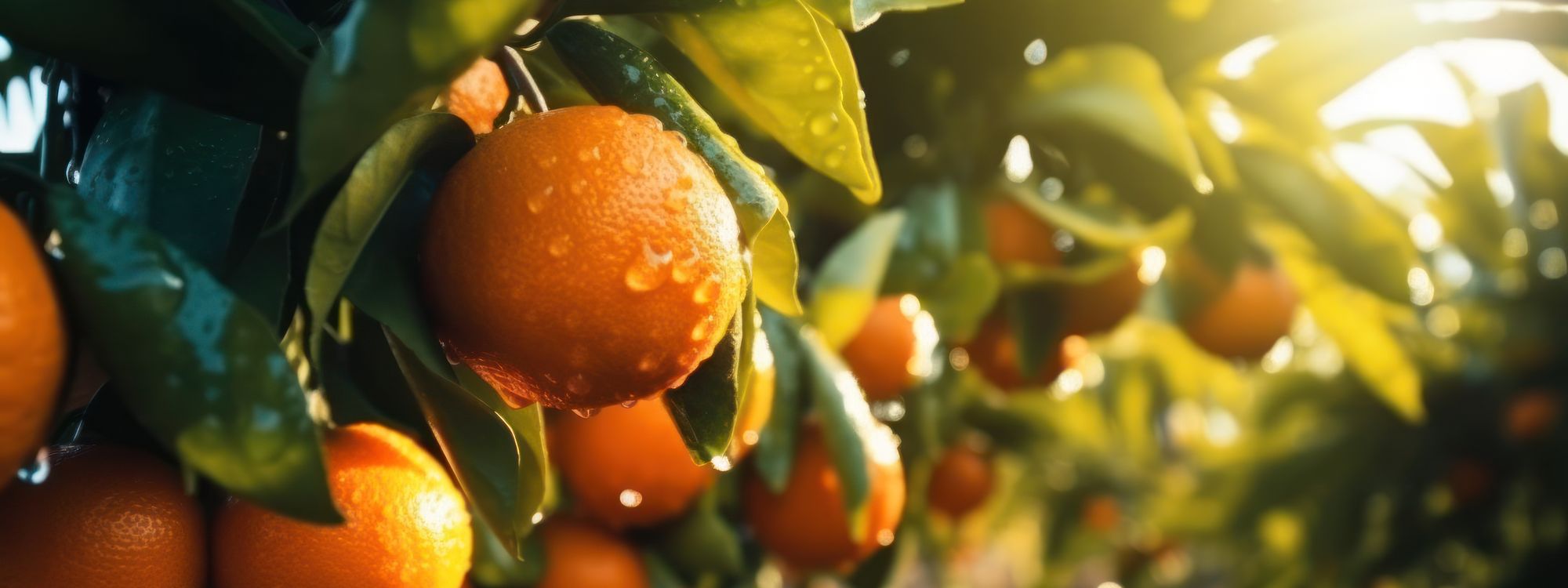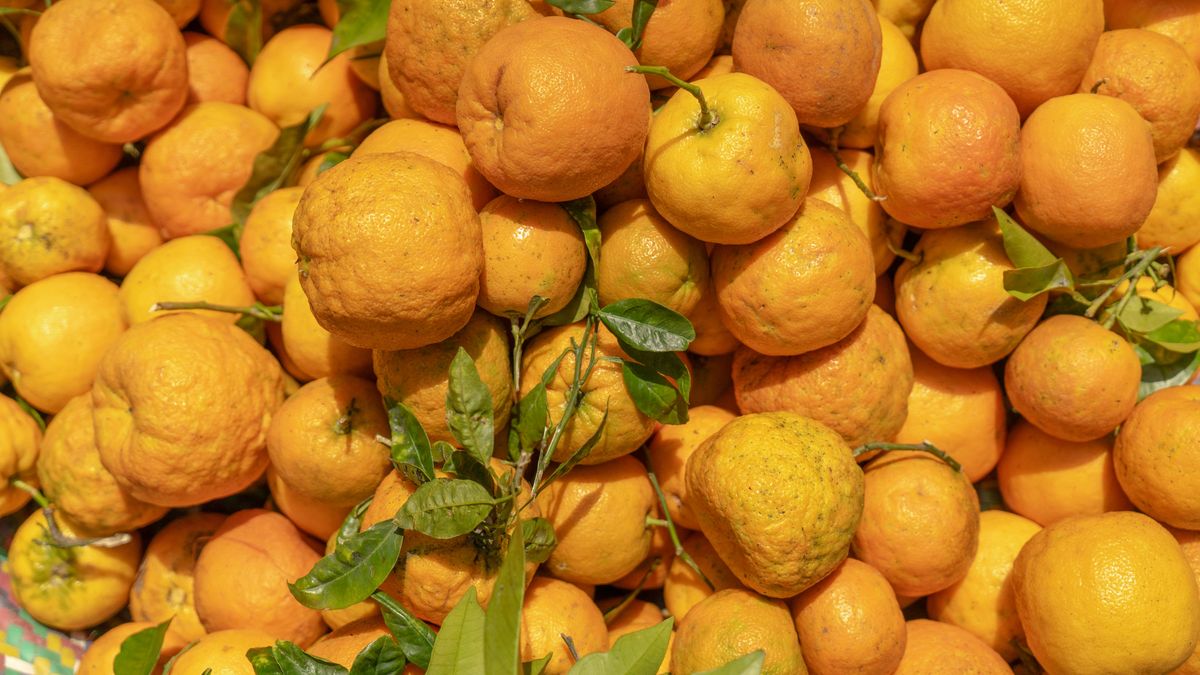
Bitter Orange, scientifically known as Citrus aurantium , is a member of the Rutaceae family. Originating from the Far East, this plant has been used for centuries for its numerous medicinal properties and as an essential component in various health supplements and cosmetic products.
In therapeutic applications, different parts of the Bitter Orange plant are used, including the peel of the ripe fruit, the peel of the immature fruit, the flowers, and the leaves. The ripe fruit peel is often used in infusions as a flavoring and bitter-tonic element, and is also a common ingredient in numerous herbal teas.

The chemical constituents of Bitter Orange include an essential oil, citroflavonoids, sympathomimetic amines such as synephrine (found in the dry extracts of the immature fruit peel), and coumarins and furocoumarins. The essential oil, also known as "Neroli," is noted for its anti-inflammatory and disinfectant properties. In the realm of phytocosmetics, it is prized for its decongestant, antiseptic, skin-purifying, softening, and soothing properties.
Bitter Orange exhibits a range of biological activities, including bitter-tonic, digestive, stomachic (promoting gastric secretions), and antispasmodic properties on the gastrointestinal tract. These properties are primarily attributed to the peel of the fruit and the essential oil it contains. Additionally, antimicrobial and sedative activities are also associated with the oil.
The anorectic actions of the plant, which can help suppress appetite, are attributed to the synephrine contained in Bitter Orange. This is why it is often included in food supplements used as supportive remedies during weight loss. Moreover, the leaves of the Bitter Orange are reputed to have sedative, diaphoretic, febrifuge, and carminative properties and are widely used in herbal teas.
Due to its strong stomachic, eupeptic, and antispasmodic properties, Bitter Orange is often used to treat dyspeptic disorders and associated symptoms, such as flatulence and a sensation of fullness. It is also effective in combating loss of appetite owing to its bitter-tonic activities.
For the treatment of these disorders, it is typically recommended to take 1-2 grams of Bitter Orange extract per day, or 2-3 grams of product per day if using a mother tincture obtained from the fruit peels. Alternatively, Bitter Orange can be taken in the form of an infusion.
The digestive properties of Bitter Orange have long been recognized in folk medicine, which uses the peel of its fruits to stimulate the appetite and counteract digestive disorders. Traditional Chinese medicine uses Bitter Orange flowers for the treatment of epigastric pain, vomiting, and anorexia, while the peel of its fruits is used as a remedy for colds, coughs, and even rectal and uterine prolapse.
In homeopathy, Bitter Orange is used to treat digestive problems, headaches, epigastric pain, constipation, and dysentery. It is also used as a remedy to promote weight loss and combat high blood pressure.
While Bitter Orange has many potential benefits, it's important to note that it can interfere with the absorption of some drugs, increase the gastrointestinal harm of NSAIDs and other bitters, and interact with substances like ephedrine, caffeine, thyroxine, sympathomimetics, and yohimbine.
Additionally, caution is advised when taking Bitter Orange extracts containing synephrine, especially for individuals at cardiovascular risk, those with neurodystonic disorders, psychiatric patients, as well as children and pregnant women.